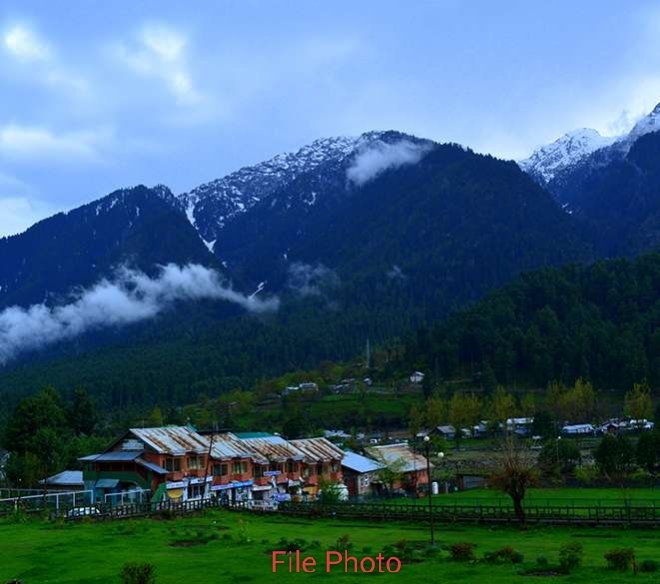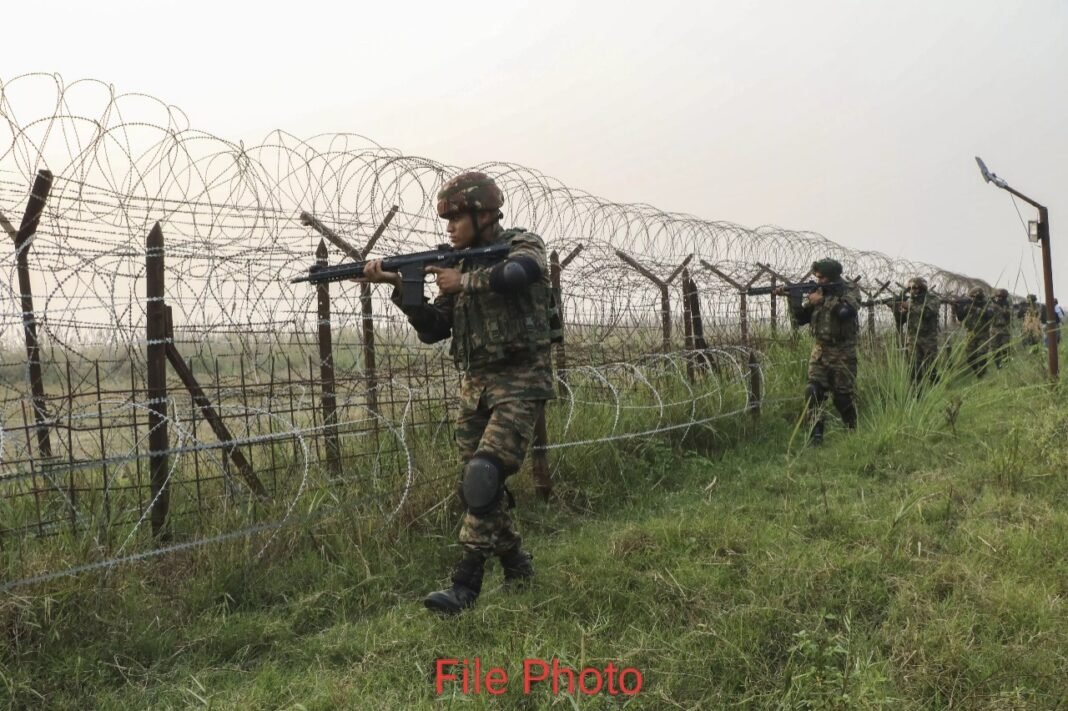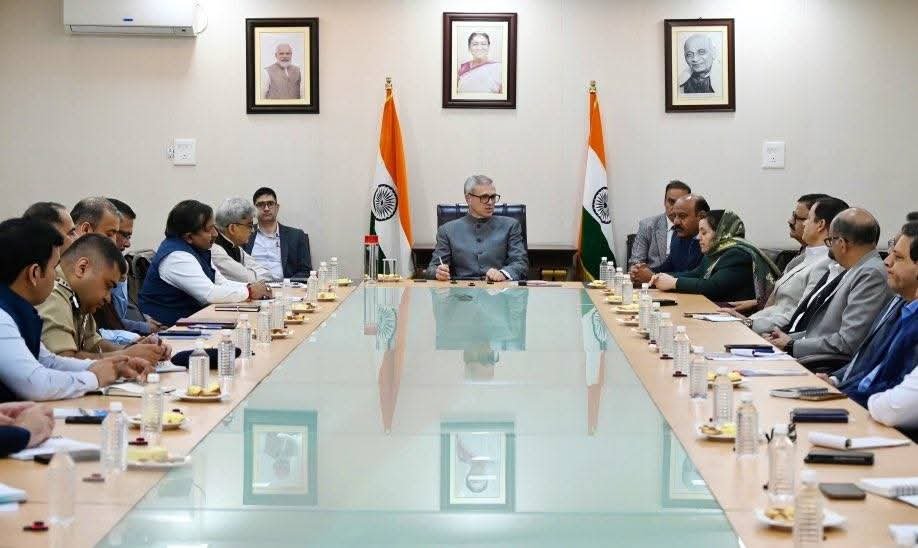Diplomat Correspondent
Pahalgam, (DD Two weeks after the bloodiest civilian attack in Kashmir in recent years, the tranquil town of Pahalgam is slowly picking up the pieces, attempting to revive its tourism-driven economy even as fear lingers in the air.
On April 22, terrorists opened fire on a group of Indian and Nepalese tourists in Baisaran Valley, killing 26 people and injuring several others. The brazen attack, which shocked the nation, cast a long shadow over Kashmir’s booming spring tourism season.
Once bustling with trekkers, families, and nature enthusiasts, Pahalgam now sees fewer footsteps. Yet signs of a fragile recovery are beginning to show.
“The bookings have dropped by over 60% since the attack,” said Fayaz Ahmad, a local tour operator. “But we’re hopeful—Pahalgam has seen tough times before, and we always bounce back.”
Security has been visibly tightened in the region. Heavily armed troops now patrol popular tourist spots, and drones hover silently over the pine-covered slopes.
Despite the unease, some visitors have begun trickling in.
“We were nervous at first, but after speaking to the locals and seeing the army presence, we felt reassured,” said Shilpa Mehra, a tourist from Delhi. “The beauty of Pahalgam is unmatched—it deserves to be seen.”
Local businesses, too, are attempting to instill confidence with discounts and safety assurances. Hotels are offering up to 30 percent off, pony wallas are back on the trails and souvenir shops have reopened their shutters.
Bilal Dar, another tour operator, emphasized the importance of positive messaging. “The government has ramped up security, and that’s helping build confidence. We just need more media to highlight the peace and hospitality here, not just the violence.”
Pahalgam had recorded over 1.1 million tourists earlier this year, a figure that excluded Amarnath pilgrims. That optimism was shattered in a single day. Now, the hope is to rebuild it, step by cautious step.
“We want the world to know that Pahalgam is still here, still beautiful, and still welcoming,” said Fayaz Ahmad, gesturing toward the misty mountains. “We just need people to believe in us again.” (DD)




